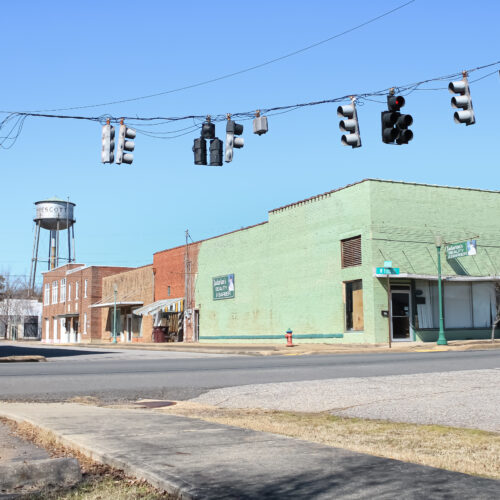Arkansas
The state of Arkansas administers all indigent defense services for adult criminal trials. The state funds services, except that local governments pay some overhead costs. A state commission provides oversight of indigent defense statewide.
The state of Arkansas funds and administers all indigent defense services for adult criminal cases in its appellate courts. A state commission provides oversight of indigent defense.
-
75 Counties Primarily State Funded
-
75 Counties State Administered
-
75 Counties with a Commission With Statewide Authority
-
75 Counties State Funded
-
75 Counties State Administered
-
75 Counties with a Commission With Statewide Authority
The Arkansas Public Defender Commission (APDC) administers adult and juvenile indigent defense services through public defender offices and contracts with private attorneys paid hourly. Services are regionalized by judicial circuits; in each of the state’s 28 judicial circuits, the circuit judges appoint a chief public defender to manage the district, based on APDC’s recommendation. The APDC has a statewide unit to provide conflict representation in capital cases.
The APDC is responsible for overseeing indigent defense statewide. The commission is composed of seven members, all appointed by the governor. Commission members appoint an executive director to lead APDC and oversee the state indigent defense system by establishing standards, requiring reports from public defender offices, and conducting performance reviews. Indigent defense is predominantly state funded. APDC funds public defender office staff salaries, case-related expenses, and private attorneys whereas counties pay for the public defender offices’ overhead costs (facilities, equipment, supplies, etc.)
The Arkansas Public Defender Commission (APDC) and the state appellate courts administer indigent defense services for adult appeals through private attorneys under contract with APDC or appointed on a case-by-case basis by the court. Trial counsel is required to continue providing representation on appeal unless a court allows them to withdraw. If trial counsel withdraws, the commission maintains a list of private attorneys willing to provide appellate representation by appointment.
The APDC is responsible for overseeing indigent defense statewide. The commission is composed of seven members, all appointed by the governor. Commission members appoint an executive director to lead APDC and oversee the state indigent defense system by establishing standards and conducting performance reviews.

Dig Deeper
Who serves on the commission?
What are the required qualifications of the commission’s executive director?
How can a local public defender be removed from office?
In which branch of state government does the indigent defense system reside?
Support Our Work
Criminal justice issues that disproportionately harm poor people, such as wrongful convictions and over-incarceration, cannot be fixed if indigent defendants are given attorneys who do not have the time, resources, or qualifications, to be a constitutional check on government. Yet, investment in improving indigent defense services remains largely neglected. The Sixth Amendment Center is the only nonprofit organization in the country that exclusively examines, uncovers, and helps fix the root of the indigent defense crisis in which inequality is perpetuated because poor defendants do not get a fair fight.
The Sixth Amendment Center is a tax-exempt 501(c)(3) nonprofit organization under EIN: 45-3477185.
Donations are tax-deductible to the fullest extent allowable under the law.
